25 Survival Tips That Could Save Your Life.
Nathan Johnson
Published
06/02/2023
These might come in useful one day.
- List View
- Player View
- Grid View
Advertisement
-
1.
 Always always listen to your “Spidey senses.” If something feels off- pay attention to that feeling. Hair on the back of your neck stands up when walking to your car in a parking lot? turn around and go back in the store. I cannot tell you how many crime victim reports include the phrase “Victim states they had a feeling something wasn’t right…but continued to…”
Always always listen to your “Spidey senses.” If something feels off- pay attention to that feeling. Hair on the back of your neck stands up when walking to your car in a parking lot? turn around and go back in the store. I cannot tell you how many crime victim reports include the phrase “Victim states they had a feeling something wasn’t right…but continued to…” -
2.
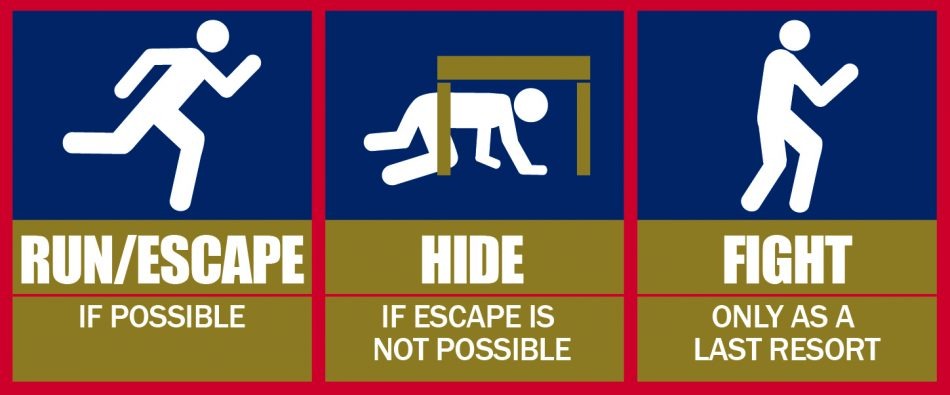 In an active shooter situation remember run, hide or fight in that order. If you can run away feasibly do that. If you are unable because say exit is blocked and you have time and location to hide try that next. If you have no choice but to fight then that is what you must do but be strategic to improve your odds. What can you use to distract or throw at shooter to get the upper hand. If there is more than one person there to fight do some planning e.g. one person attacks shooters left side one from the right. If more people are available divide up which limbs on shooter you will target, etc. FEMA and other government websites have very useful training on how to improve your odds of survival in these situations.
In an active shooter situation remember run, hide or fight in that order. If you can run away feasibly do that. If you are unable because say exit is blocked and you have time and location to hide try that next. If you have no choice but to fight then that is what you must do but be strategic to improve your odds. What can you use to distract or throw at shooter to get the upper hand. If there is more than one person there to fight do some planning e.g. one person attacks shooters left side one from the right. If more people are available divide up which limbs on shooter you will target, etc. FEMA and other government websites have very useful training on how to improve your odds of survival in these situations. -
3.
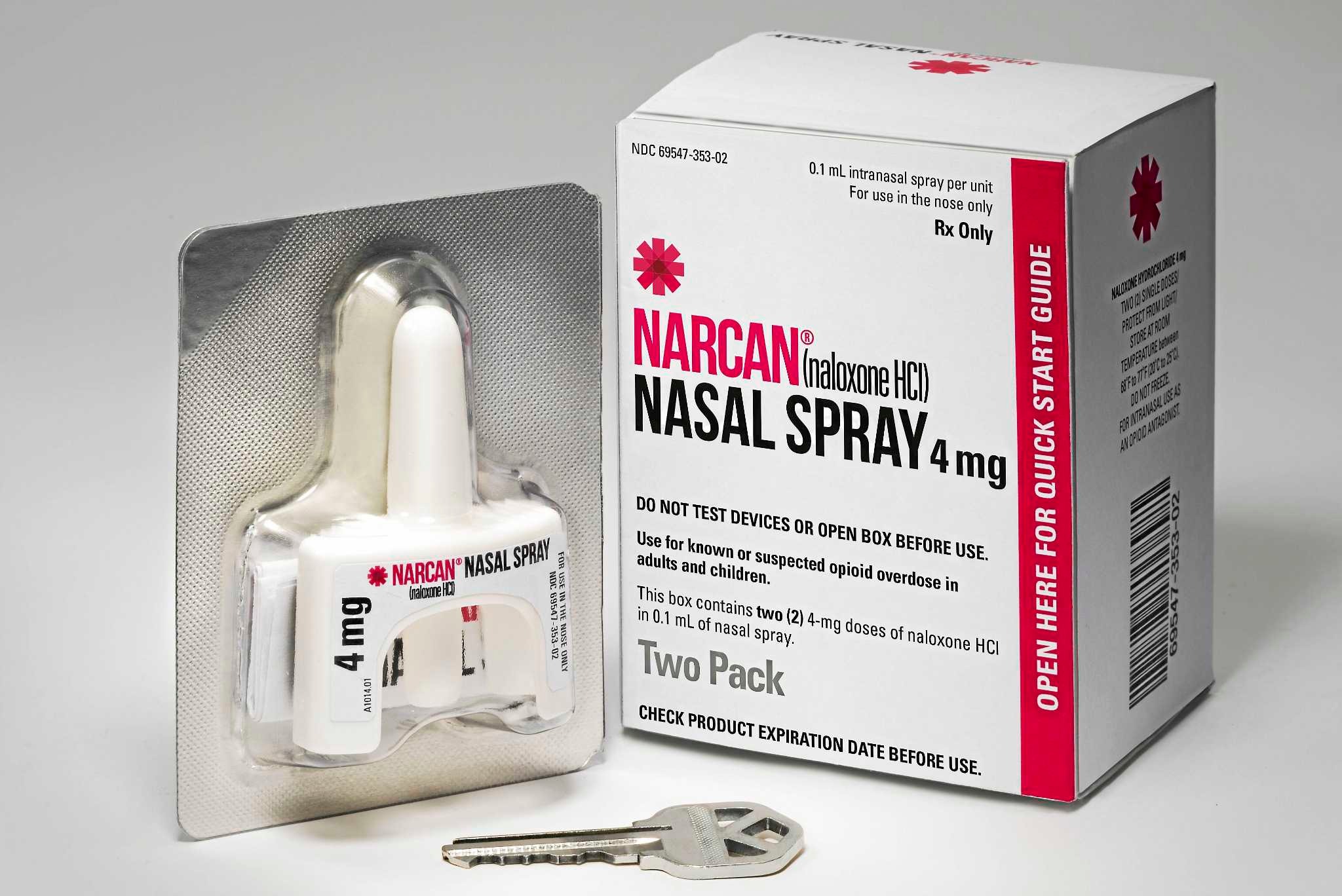 Narcan. People know it saves lives, but fewer know just how easy and safe it is to use. One blast of nasal spray can bring someone back. Where I live (Canada), it's available free at the pharmacy along with free training to anyone who wants it.
Narcan. People know it saves lives, but fewer know just how easy and safe it is to use. One blast of nasal spray can bring someone back. Where I live (Canada), it's available free at the pharmacy along with free training to anyone who wants it. -
4.
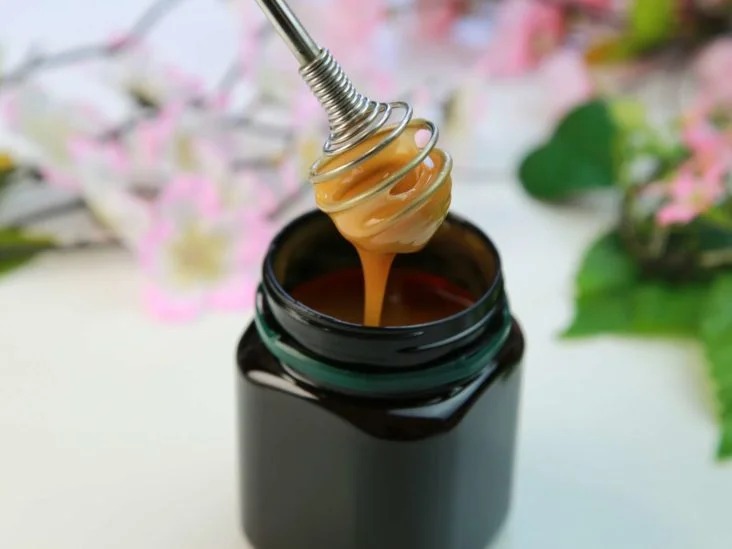 If I’m hiking or trekking somewhere remote I carry a tube of medical grade honey. It can be used to treat wounds, burns, skin problems, and is a good antibacterial. And it also does double duty as a calorie-dense food source with some moisture content, that could help you survive an extra week or so. Some studies even suggest consuming honey might offer antidepressant, anticonvulsant, and anti-anxiety benefits. Especially useful in emergency situations.
If I’m hiking or trekking somewhere remote I carry a tube of medical grade honey. It can be used to treat wounds, burns, skin problems, and is a good antibacterial. And it also does double duty as a calorie-dense food source with some moisture content, that could help you survive an extra week or so. Some studies even suggest consuming honey might offer antidepressant, anticonvulsant, and anti-anxiety benefits. Especially useful in emergency situations. -
5.
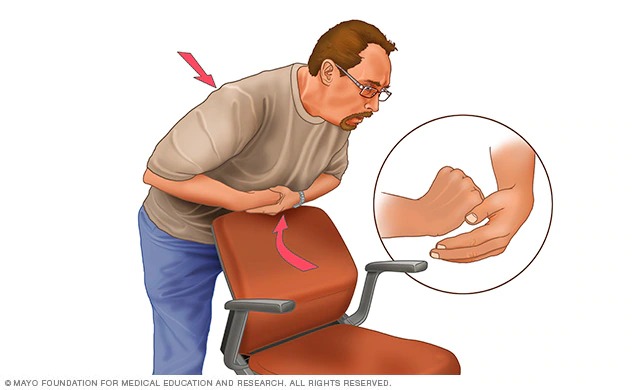 A chair can be used to Heimlich maneuver yourself.
A chair can be used to Heimlich maneuver yourself. -
6.
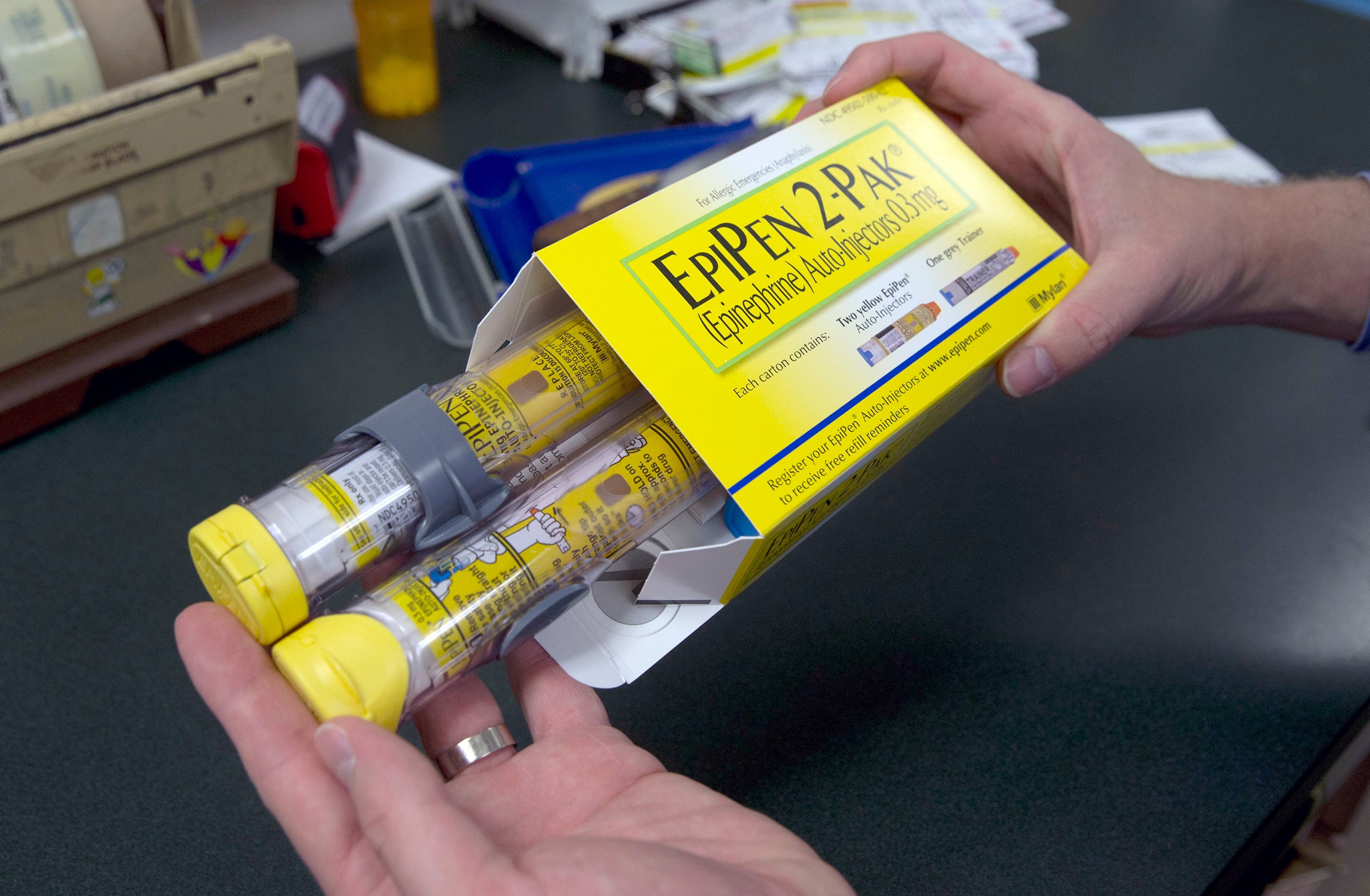 Epi pens are commonly known how to be used, but there’s actually 2-3 more doses inside of it. You have to break open the cartridge, but there are more doses inside just in case you need them. Very useful thing to know, especially when in the backcountry.
Epi pens are commonly known how to be used, but there’s actually 2-3 more doses inside of it. You have to break open the cartridge, but there are more doses inside just in case you need them. Very useful thing to know, especially when in the backcountry. -
7.
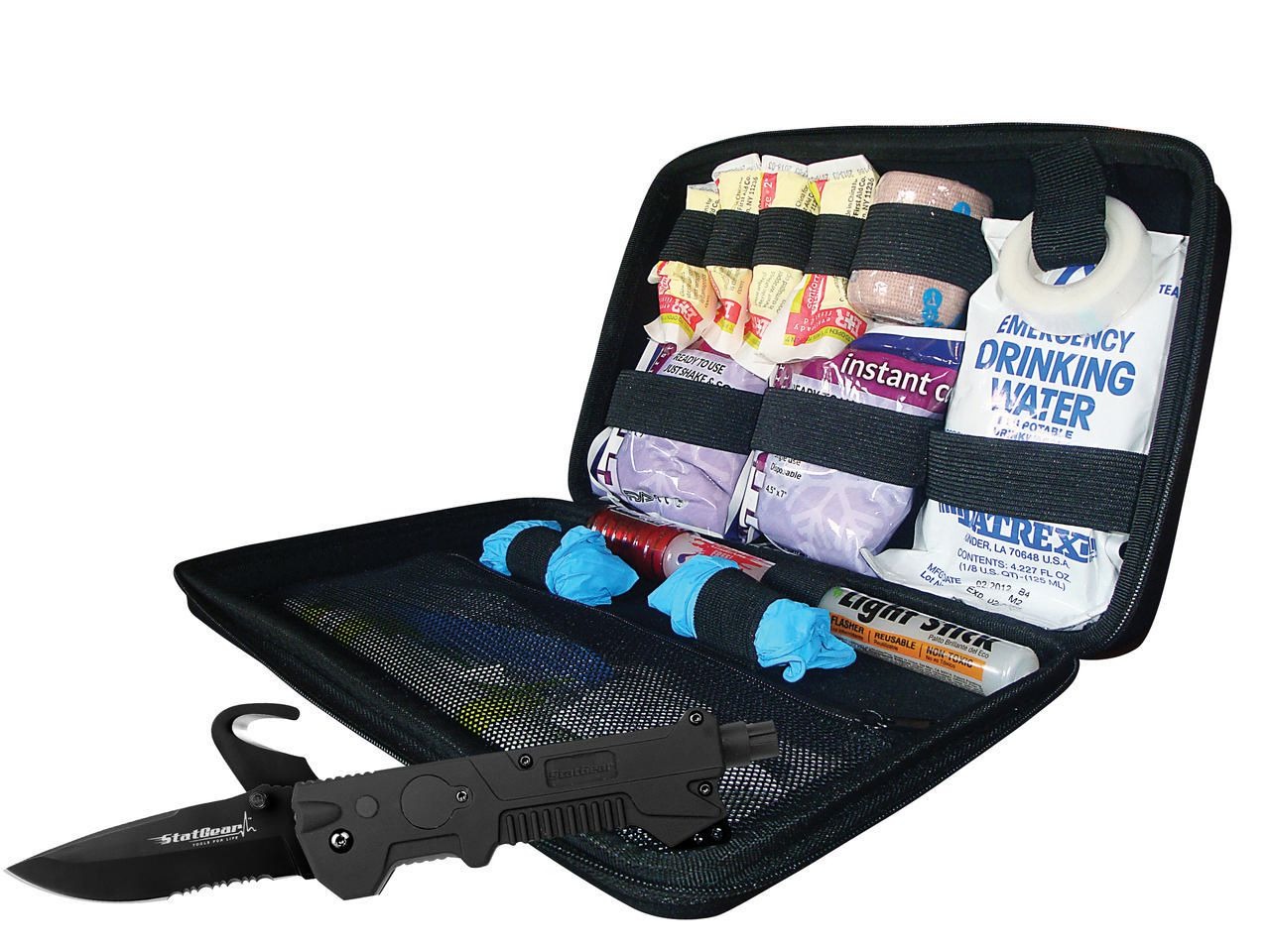 Keep water in the car a blanket a towel clothes flashlight and a lighter.
Keep water in the car a blanket a towel clothes flashlight and a lighter. -
8.
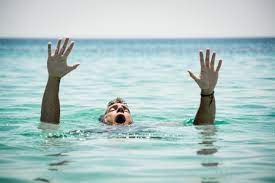 If someone is drowning, don't jump in to save them. Chances are you'll both drown because the panicking person will cling onto you. Your best bet is to find something that floats and throw it to them, or swim out to give it to them but keep a safe distance. If someone does grab you or tries to climb on top of you, fight them off and swim downwards to get away, they won't try to follow if you go underwater.
If someone is drowning, don't jump in to save them. Chances are you'll both drown because the panicking person will cling onto you. Your best bet is to find something that floats and throw it to them, or swim out to give it to them but keep a safe distance. If someone does grab you or tries to climb on top of you, fight them off and swim downwards to get away, they won't try to follow if you go underwater. -
9.
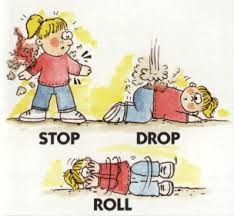 If you're engulfed in flames, don't run. Drop to the ground and roll over until the flames are extinguished. If someone else is on fire, tackle them (if safe) and cover them with a jacket or other piece of closing. Focus on their head first since hair catches fire very quickly.
If you're engulfed in flames, don't run. Drop to the ground and roll over until the flames are extinguished. If someone else is on fire, tackle them (if safe) and cover them with a jacket or other piece of closing. Focus on their head first since hair catches fire very quickly. -
10.
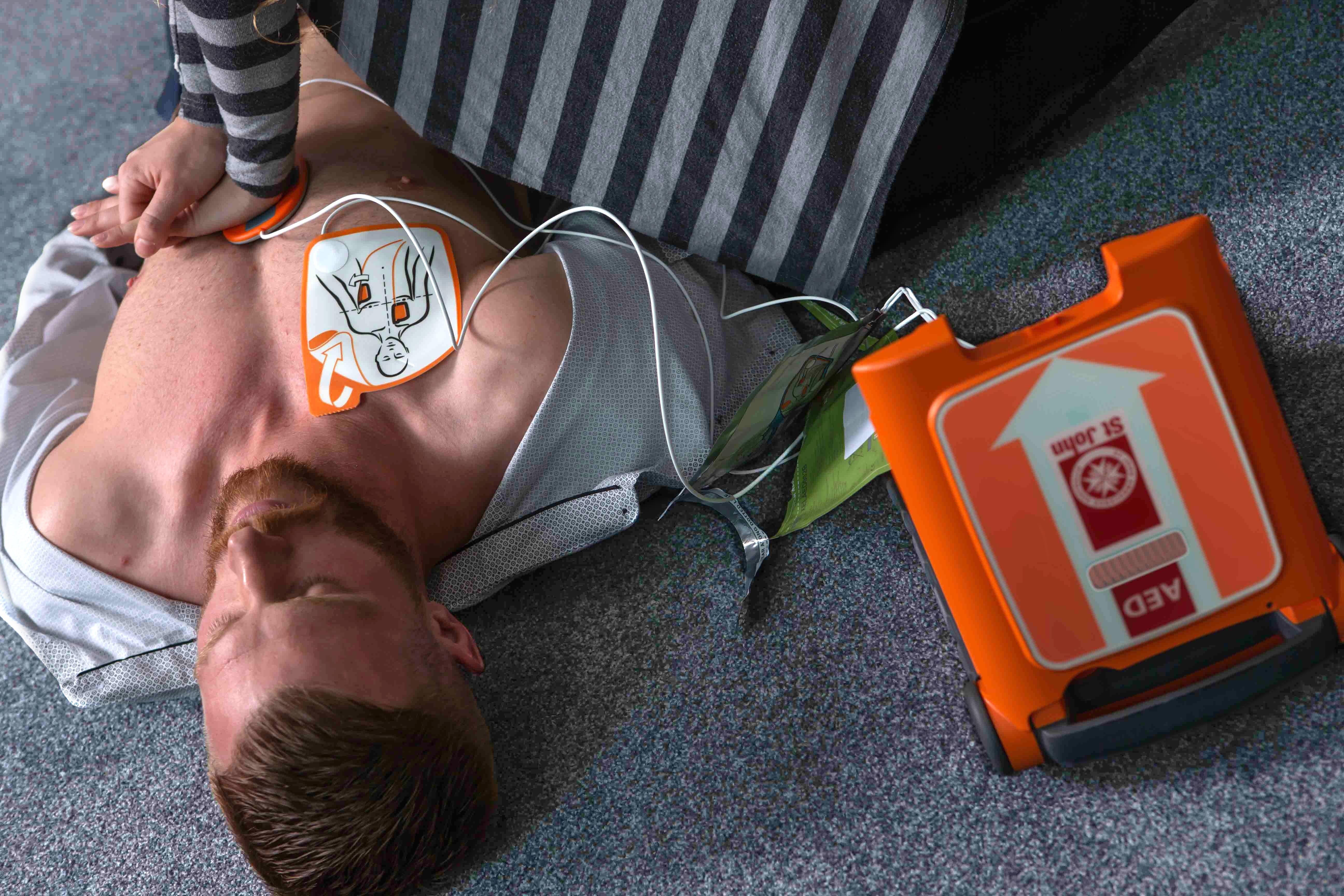 A defibrillator. A lot of public spaces have one, but using one is not universal knowledge yet
A defibrillator. A lot of public spaces have one, but using one is not universal knowledge yet -
11.
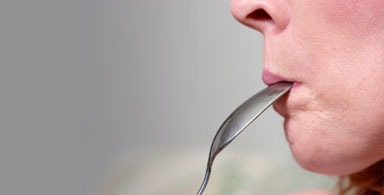 Don't put a spoon in the mouth of a person having a seizure.
Don't put a spoon in the mouth of a person having a seizure. -
12.
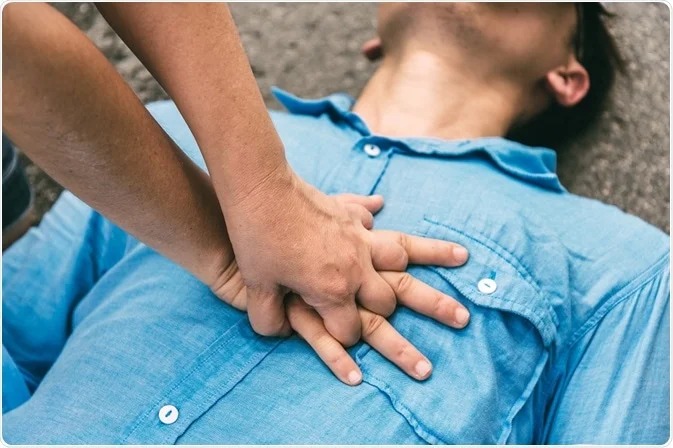 When doing chest compressions for CPR, you have to push HARD. I'm talking "break their ribs" hard (which is a normal occurance during CPR). Do not let tv shows trick you into thinking you can give a light little shove and they'll come back.
When doing chest compressions for CPR, you have to push HARD. I'm talking "break their ribs" hard (which is a normal occurance during CPR). Do not let tv shows trick you into thinking you can give a light little shove and they'll come back. -
13.
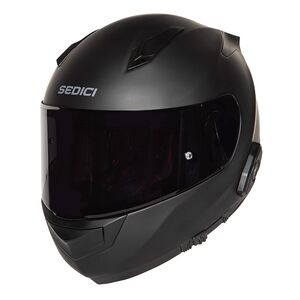 Never, ever, take a motorcyclists helmet off if they are not in direct danger after having an accident. The same as not getting someone out of a car. There could be a serious head injury (despite wearing a helmet) and helmet could be the only thing holding their head together. Waaaay too many people think you have to take the helmet off immediately.
Never, ever, take a motorcyclists helmet off if they are not in direct danger after having an accident. The same as not getting someone out of a car. There could be a serious head injury (despite wearing a helmet) and helmet could be the only thing holding their head together. Waaaay too many people think you have to take the helmet off immediately. -
14.
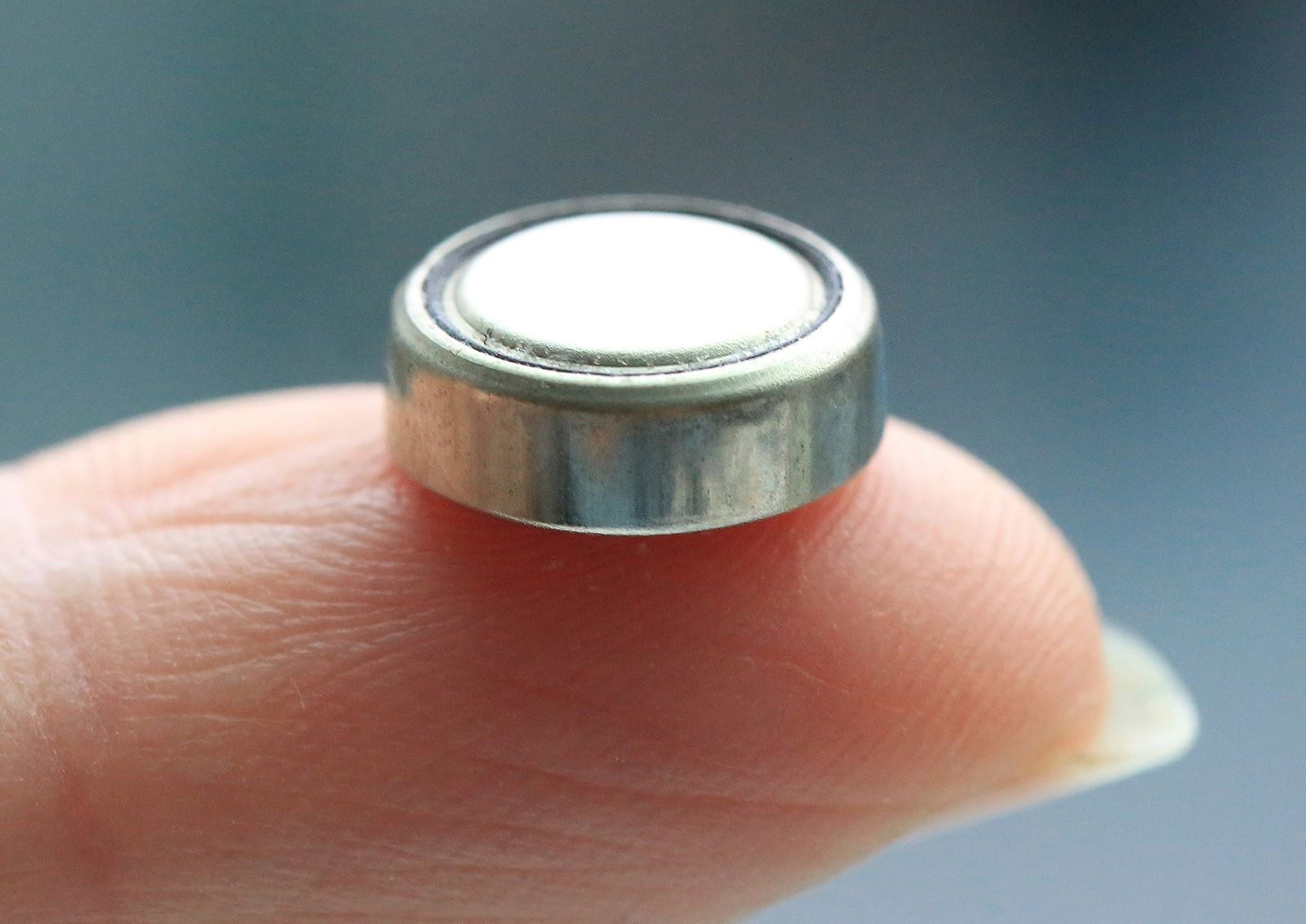 Honey. Give to a child who has ingested a small battery. Slows down the release of battery acid whilst waiting for the ambulance.
Honey. Give to a child who has ingested a small battery. Slows down the release of battery acid whilst waiting for the ambulance. -
15.
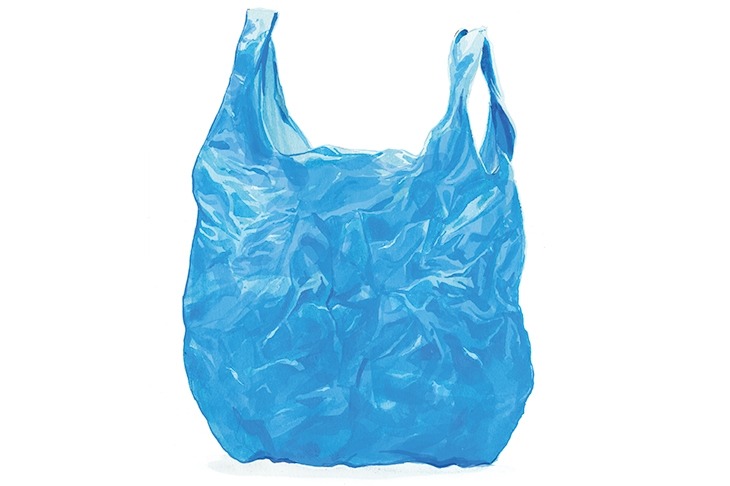 Ziplock bag or any sort of plastic bag for sucking chest wound.
Ziplock bag or any sort of plastic bag for sucking chest wound. -
16.
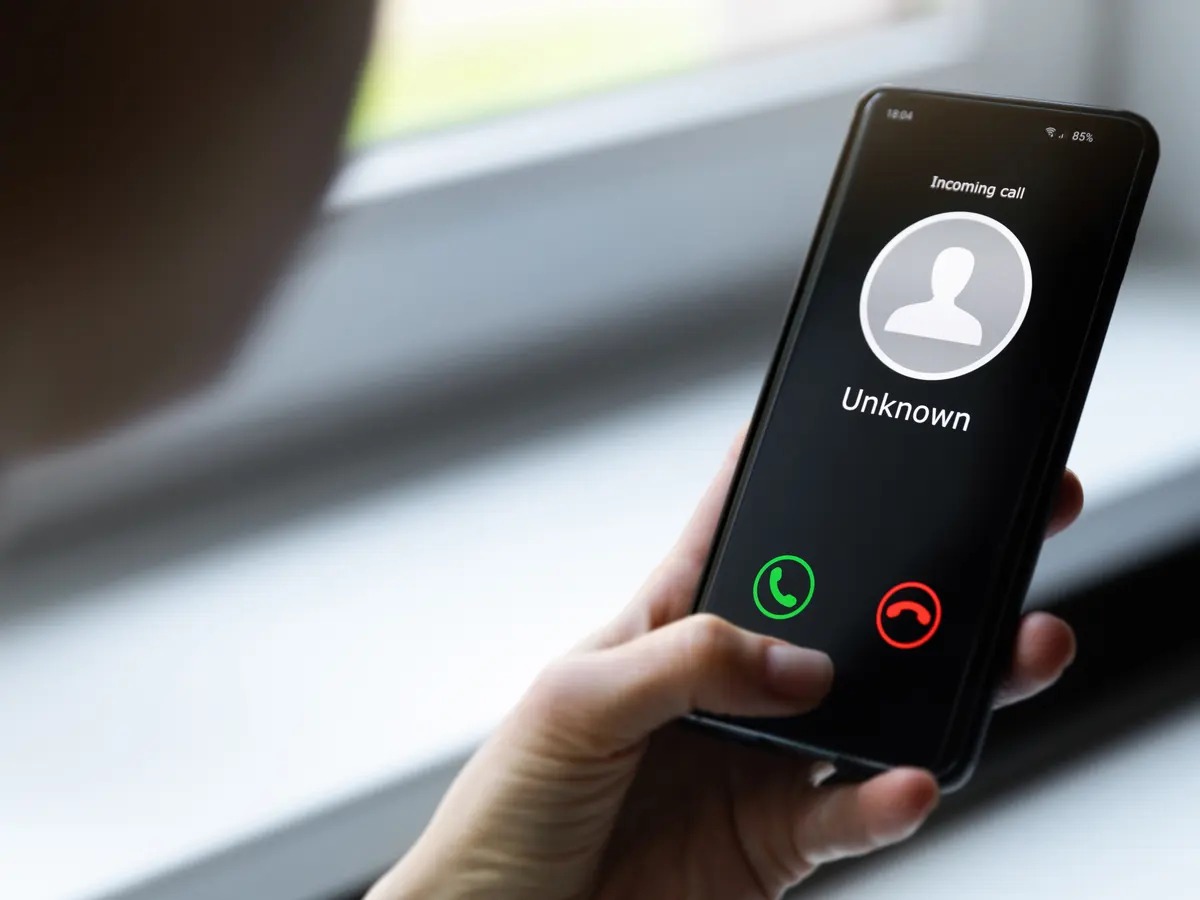 A simple phone call to check-in can help someone decide that going on is the right choice today. Life is low points and high. Help someone get to the next high point. Call a friend.
A simple phone call to check-in can help someone decide that going on is the right choice today. Life is low points and high. Help someone get to the next high point. Call a friend. -
17.
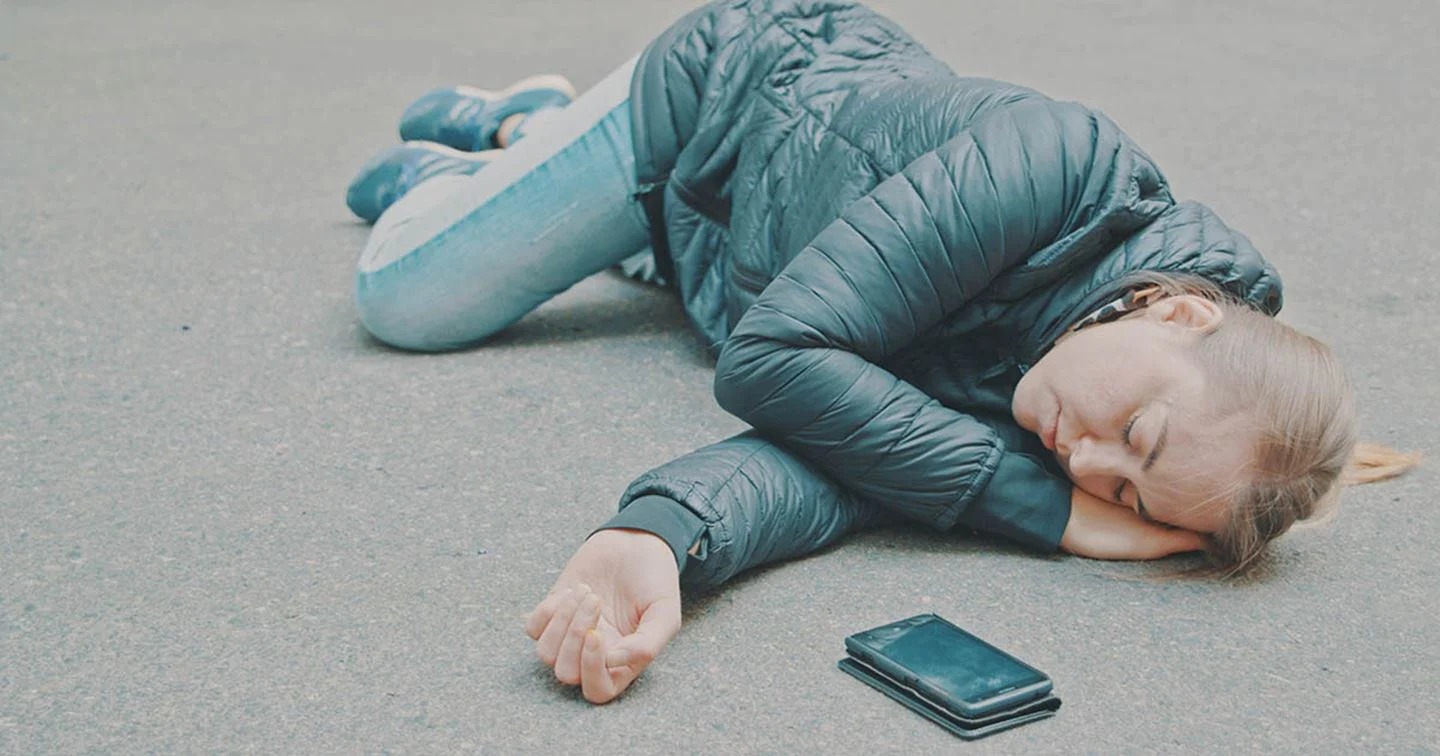 If you find someone unconscious but still breathing and with a pulse, please put them on their left side. This will save them from aspirating on saliva or vomit.
If you find someone unconscious but still breathing and with a pulse, please put them on their left side. This will save them from aspirating on saliva or vomit. -
18.
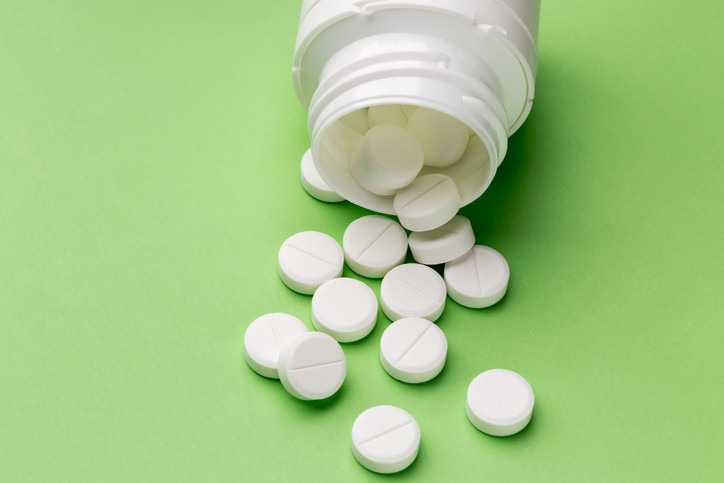 chewing an aspirin in case of a heart attack can save your life
chewing an aspirin in case of a heart attack can save your life -
19.
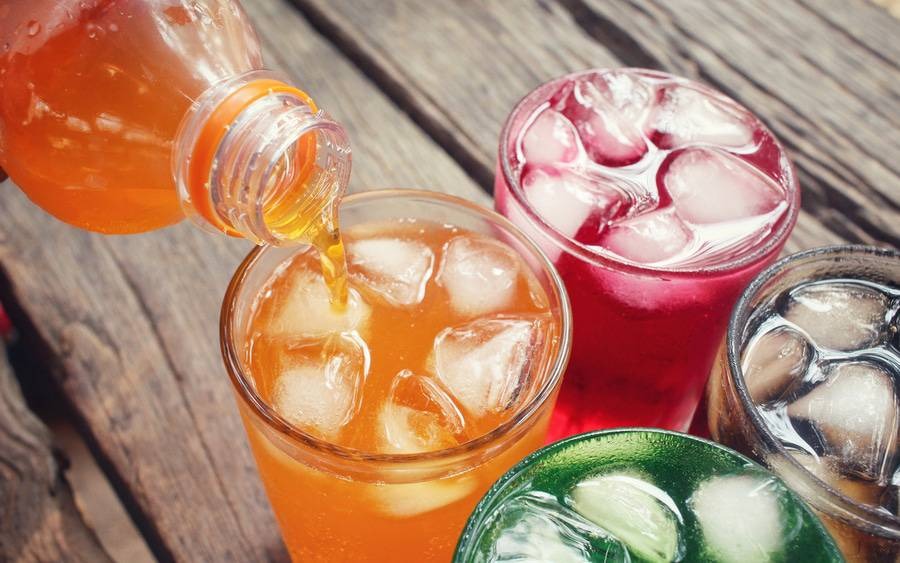 Juice box, soda, gatorade - basically anything with sugar in it, (preferably a liquid so it's less of a choking hazard), can immediately help someone with dangerously low blood sugar. This most often (but not always) happens to diabetics who's medication vs. sugar intake got unbalanced, which can be as simple as them taking their meds but forgetting to eat breakfast. If someone you know is diabetic and they start suddenly, inexplicably acting strange, that would be a good time to give them sugar. It's possible that it will cause their blood sugar to go higher than it should be, but having it too low is more immediately life threatening.
Juice box, soda, gatorade - basically anything with sugar in it, (preferably a liquid so it's less of a choking hazard), can immediately help someone with dangerously low blood sugar. This most often (but not always) happens to diabetics who's medication vs. sugar intake got unbalanced, which can be as simple as them taking their meds but forgetting to eat breakfast. If someone you know is diabetic and they start suddenly, inexplicably acting strange, that would be a good time to give them sugar. It's possible that it will cause their blood sugar to go higher than it should be, but having it too low is more immediately life threatening. -
20.
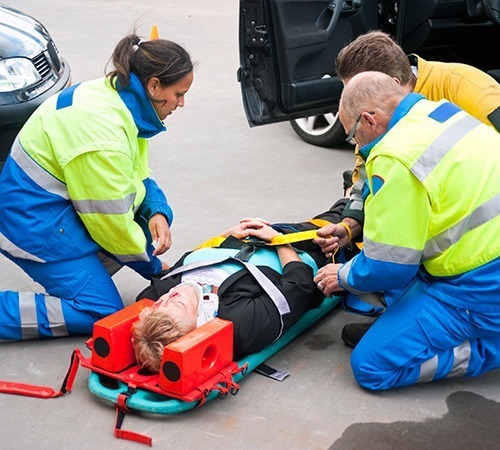 Prioritize your safety first. If you are the first to arrive on scene and see people need help the very first thing you should do is: Stop, look around for potential dangers and do what you can to mitigate them. Live electrical wire shorting out in water nearby? CPR isn't your priority, shutting the breaker off and moving the wire away is. Don't forget to look up when doing the scene survey. EMS has a name for people that don't check first: canaries.
Prioritize your safety first. If you are the first to arrive on scene and see people need help the very first thing you should do is: Stop, look around for potential dangers and do what you can to mitigate them. Live electrical wire shorting out in water nearby? CPR isn't your priority, shutting the breaker off and moving the wire away is. Don't forget to look up when doing the scene survey. EMS has a name for people that don't check first: canaries. -
21.
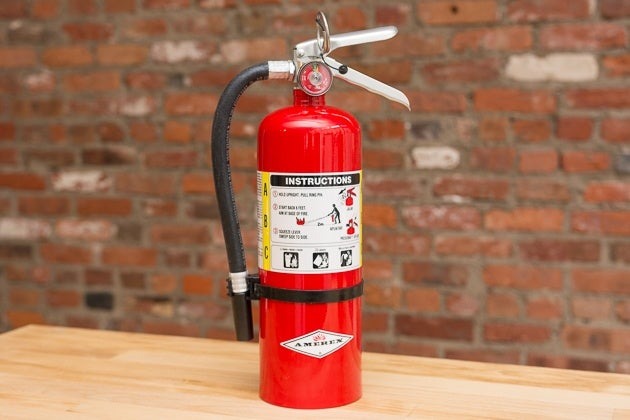 A fire extinguisher. People forget to pull out the safety pin
A fire extinguisher. People forget to pull out the safety pin -
22.
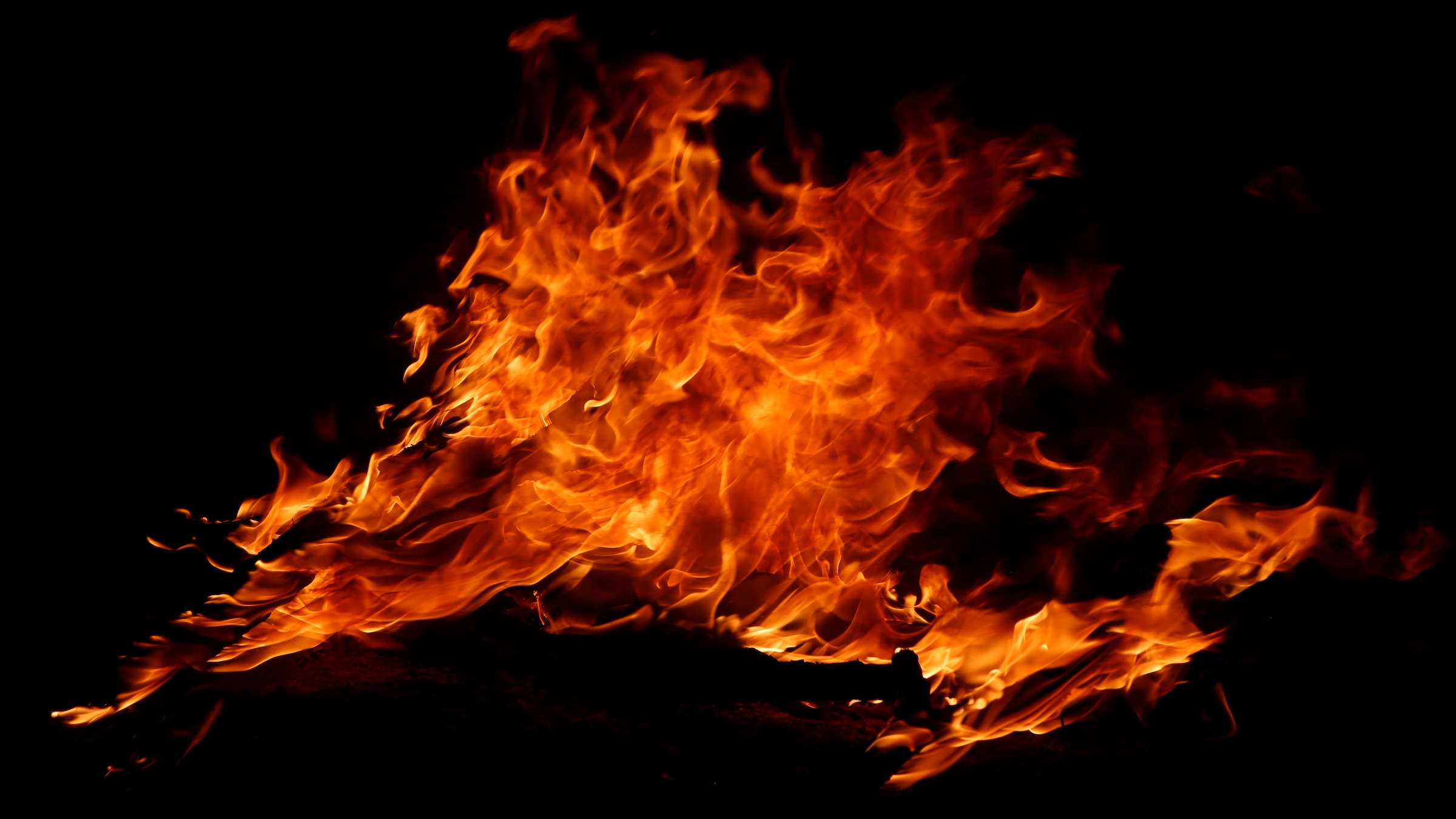 Shouting "FIRE!!" instead of "Help!" will get people to react faster. Cop told me that one.
Shouting "FIRE!!" instead of "Help!" will get people to react faster. Cop told me that one. -
23.
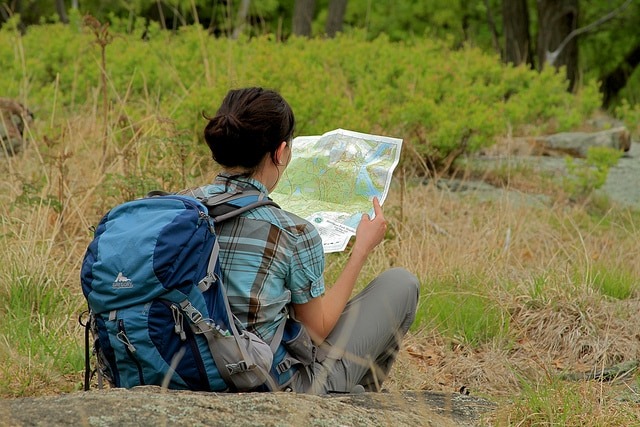 If you find yourself lost in the wilderness somewhere, and your phone is starting to die, change your voicemail to include where you left from, what time and date you left, and what you see around you. That way, if someone tries to call you, you have the essential information in a recording.
If you find yourself lost in the wilderness somewhere, and your phone is starting to die, change your voicemail to include where you left from, what time and date you left, and what you see around you. That way, if someone tries to call you, you have the essential information in a recording. -
24.
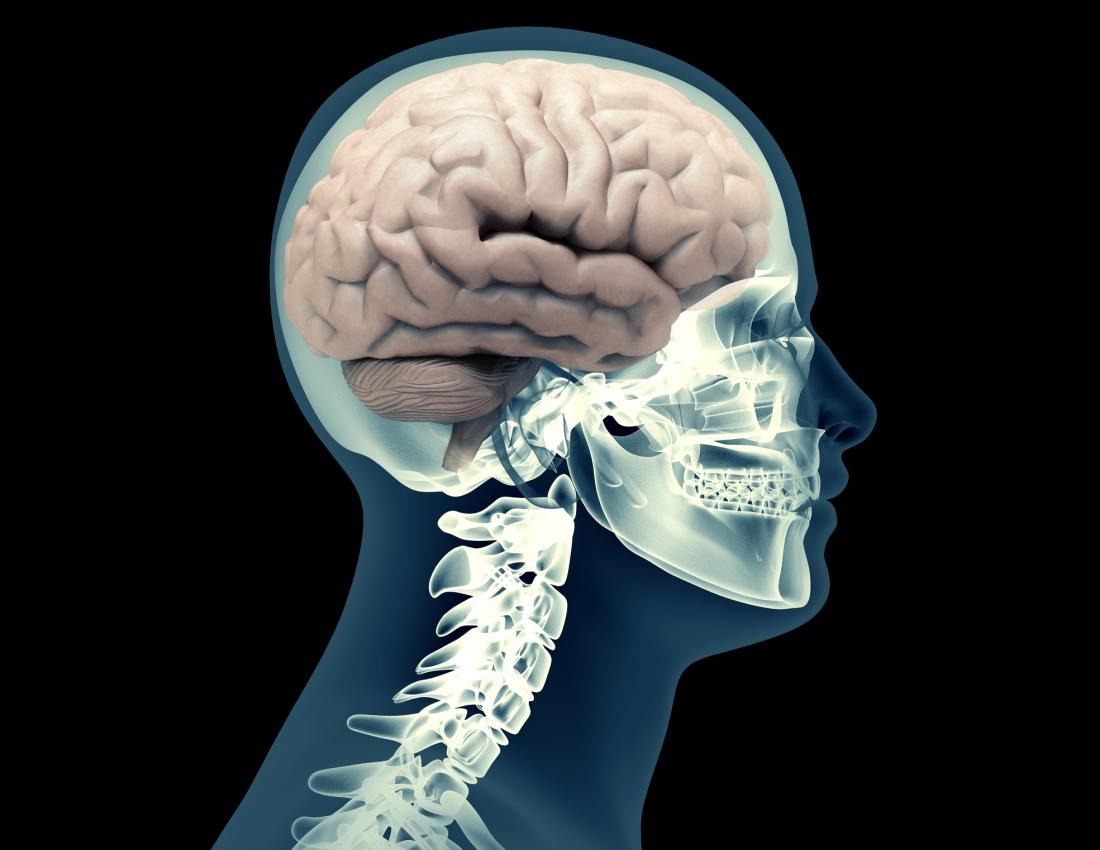 If someone (especially old people!) hits their head and is knocked out or just overall fuzzy, and then they get better and feel fine, TAKE THEM TO THE HOSPITAL. A brain bleed presents as nothing until all of a sudden you die. And can look like a lucid period in which they seem fine.
If someone (especially old people!) hits their head and is knocked out or just overall fuzzy, and then they get better and feel fine, TAKE THEM TO THE HOSPITAL. A brain bleed presents as nothing until all of a sudden you die. And can look like a lucid period in which they seem fine. -
25.
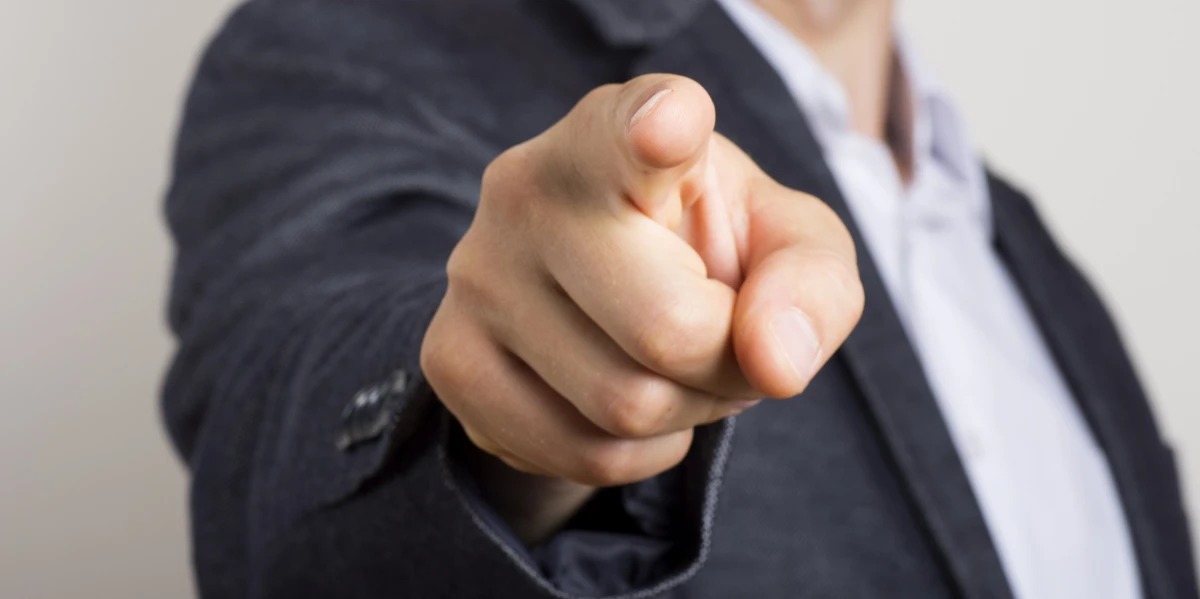 Instead of saying “someone call 911/an ambulance,” point to a single person and tell them to call 911. If you need additional assistance (an AED, for example), then point to another individual and ask them to get you what you need. If you don’t address anyone in particular, everyone will assume someone else has already called 911/gotten a first-aid kit/whatever, and then no one will do it.
Instead of saying “someone call 911/an ambulance,” point to a single person and tell them to call 911. If you need additional assistance (an AED, for example), then point to another individual and ask them to get you what you need. If you don’t address anyone in particular, everyone will assume someone else has already called 911/gotten a first-aid kit/whatever, and then no one will do it.
- NEXT GALLERY
-
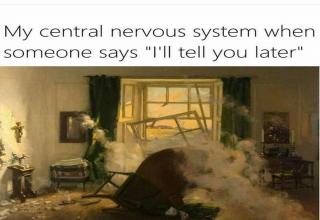
- TGIF I can't take another day without the weekend
Always always listen to your “Spidey senses.” If something feels off- pay attention to that feeling. Hair on the back of your neck stands up when walking to your car in a parking lot? turn around and go back in the store. I cannot tell you how many crime victim reports include the phrase “Victim states they had a feeling something wasn’t right…but continued to…”
25/25
1/25



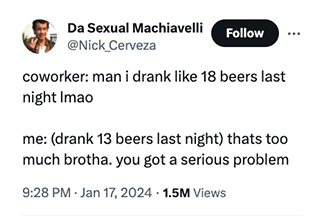
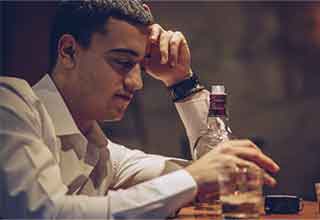

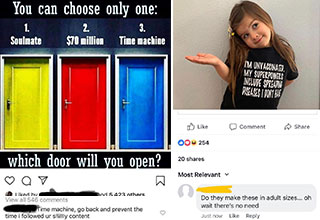
0 Comments